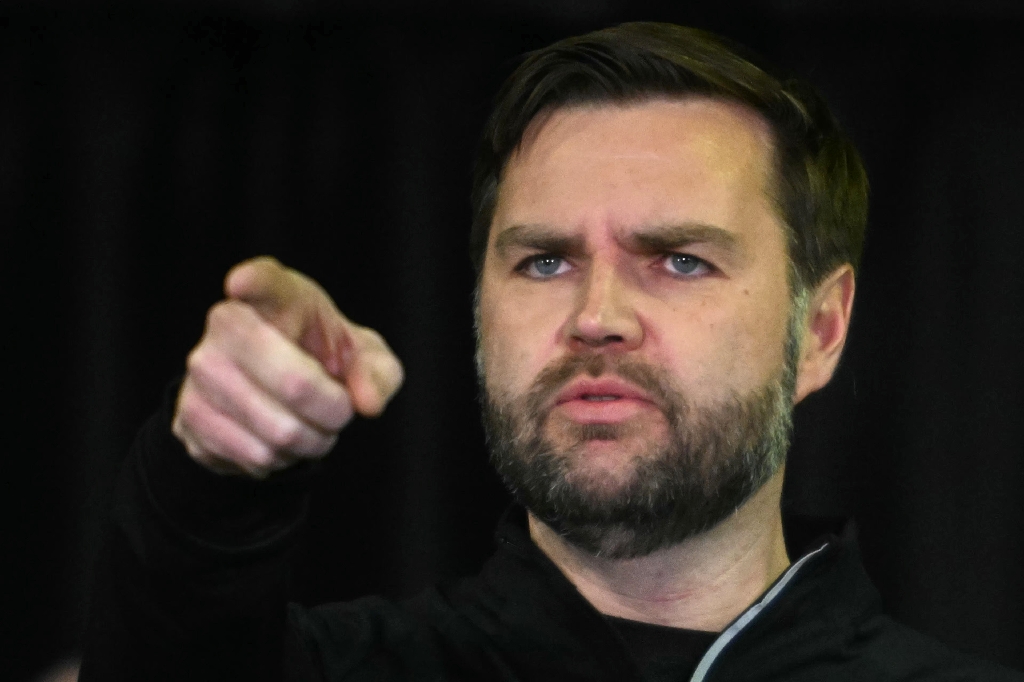(AFP) – The outgoing US intelligence coordinator on Thursday downplayed fears that allies could cut cooperation if Tulsi Gabbard, President-elect Donald Trump’s controversial pick to replace her, is confirmed. Outgoing Director of National Intelligence Avril Haines pointed to the role of US congressional oversight committees in preserving “Five Eyes” — the close intelligence alliance that unites the United States, Britain, Canada, Australia, and New Zealand.
“It is hard for me to believe that anybody coming in wouldn’t want to maintain those relationships,” Haines said at the Council on Foreign Relations. “There’s tremendous bipartisan support for them, frankly, in our oversight committees, and that’s something that I see, so I wouldn’t think of them as being at significant risk,” she said of intelligence relationships.
Haines did not comment on the selection of Gabbard, a former Democratic congresswoman turned Trump supporter who has publicly echoed Russian talking points about the invasion of Ukraine. Gabbard, who requires Senate confirmation to take the job, has also questioned the finding of the US intelligence community that Syrian President Bashar al-Assad — a Russian ally — used chemical weapons.
Haines defended her office, which was set up after the September 11, 2001 attacks to improve coordination among the myriad US intelligence services. Some in Trump’s circles have questioned the need to preserve the office of the director of national intelligence, saying it has become a bloated bureaucracy with too much unelected power.
“I do think we’re safer as a consequence of the institution that I have the privilege to lead right now,” Haines said. “If we’re not connecting the dots, right — we’re not bringing intelligence together — then we may actually miss the next 9/11,” she said. The office is more “important, in my view, even than it was 20 years ago, because the landscape has just become so much more complex and sophisticated,” she said.
© 2024 AFP




